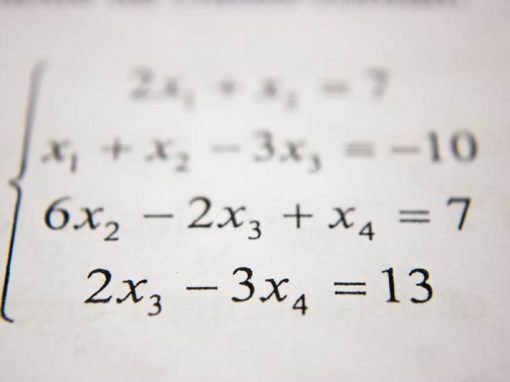Physics (0625)
The Cambridge IGCSE Physics syllabus helps learners to understand the technological world in which they live, and take an informed interest in science and scientific developments. They learn about the basic principles of Physics through a mix of theoretical and practical studies. Learners also develop an understanding of the scientific skills essential for further study at Cambridge International A Level, skills which are useful in everyday life.
As they progress, learners gain an understanding of how science is studied and practised, and become aware that the results of scientific research can have both good and bad effects on individuals, communities and the environment.
Link to full syllabus: https://www.cambridgeinternational.org/Images/414447-2020-2021-syllabus.pdf
Key Benefits
Cambridge IGCSE Physics enables learners to:
- increase their understanding of the technological world
- take an informed interest in scientific matters
- recognise the usefulness (and limitations) of scientific method, and how to apply this to other disciplines and in everyday life
- develop relevant attitudes, such as a concern for accuracy and precision, objectivity, integrity, enquiry, initiative and inventiveness
- develop an interest in, and care for, the environment
- better understand the influence and limitations placed on scientific study by society, economy, technology, ethics, the community and the environment
- develop an understanding of the scientific skills essential for both further study and everyday life.
Our programmes balance a thorough knowledge and understanding of a subject and help to develop the skills learners need for their next steps in education or employment.
Recognition and Progression
The combination of knowledge and skills in Cambridge IGCSE Physics gives learners a solid foundation for further study. Candidates who achieve grades A* to C are well prepared to follow a wide range of courses including Cambridge International AS & A Level Physics.
Cambridge IGCSEs are accepted and valued by leading universities and employers around the world as evidence of academic achievement. Many universities require a combination of Cambridge International AS & A Levels and Cambridge IGCSEs to meet their entry requirements.
Cambridge IGCSEs are accepted and valued by leading universities and employers around the world as evidence of academic achievement. Many universities require a combination of Cambridge International AS & A Levels and Cambridge IGCSEs or equivalent to meet their entry requirements.
UK NARIC, the national agency in the UK for the recognition and comparison of international qualifications and skills, has carried out an independent benchmarking study of Cambridge IGCSE and found it to be comparable to the standard of GCSE in the UK. This means students can be confident that their Cambridge IGCSE qualifications are accepted as equivalent to UK GCSEs by leading universities worldwide.
Resources
The following are the preferred resources at Istanbul International School:
- Cambridge IGCSE Physics 0625 Coursebook
- Cambridge IGCSE Physics 0625 Workbook
Cambridge International Examinations
Core Candidates take:
Paper 1
Multiple Choice – 30% (45 minutes)
40 four-choice multiple-choice questions
Questions will be based on Core subject content
Externally assessed
Paper 3
Theory – 50% (1 hour and 15 minutes)
Short-answer and structured questions
Questions will be based on Core subject content
Externally assessed
Paper 6
Alternative to Practical – 20% (1 hour)
Questions will be based on the experimental skills in Section 4
Externally assessed
Extended Candidates take:
Paper 2
Multiple Choice – 30% (45 minutes)
40 four-choice multiple-choice questions
Questions will be based on the Extended subject content (Core and Supplement)
Externally assessed
Paper 4
Theory – 50% (1 hour 15 minutes)
Short-answer and structured
Questions will be based on the Extended subject content (Core and Supplement)
Externally assessed
Paper 6
Alternative to Practical – 20% (1 hour)
Questions will be based on the experimental skills in Section 4
Externally assessed
Subject



















